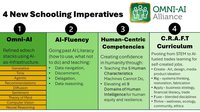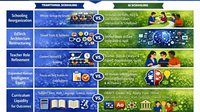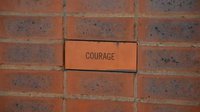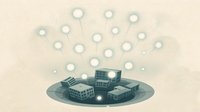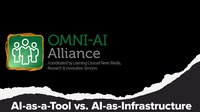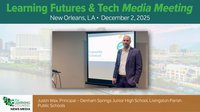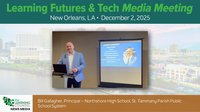At the Learning Futures & Tech Media Meeting in Atlanta, GA, a powerful panel discussion took place, moderated by LeiLani Cauthen, CEO of Learning Counsel. Panelists included Dr. Ehsan Kattoula, Assistant Superintendent of the Accountability Division at Cobb County School District; Dr. Kyia Clark, Executive Director of Information & Innovation at DeKalb County School District; and Dr. Tim Smith, Chief Academic Officer for the Division of Teaching & Learning at Muscogee County School District.
The panel tackled the urgent challenge of increasing human intelligence and adapting education to meet the needs of an evolving workforce, particularly as artificial intelligence (AI) reshapes how students learn.
Dr. Tim Smith opened the discussion by addressing a stark reality:
"I think we have an ethical imperative to move in this direction. We've been talking all day about how education has not changed—it has to change."
He referenced a troubling statistic about public education in 2030, which predicts that only 50% of students will remain in traditional public schools. This statistic, he argued, signals an urgent need for reform.
"We’ve spent years focusing on graduation rates, and while those numbers may look great, we are still graduating students who are not ready for the workforce. That was one of my marching orders from the superintendent: more sustained student achievement and creating workforce-ready students. But that means we can’t keep doing things the way we’ve been doing them."
His statement underscored a fundamental challenge: education must not just focus on completion, but on real-world preparation.
Dr. Kyia Clark followed by emphasizing that education must prepare students for a future that even educators can’t fully predict. She pointed to AI as a transformative tool in this process:
"AI doesn’t answer all the questions, but it gives students a baseline of information. Our role as educators is to teach them how to use that resource to think critically."
Dr. Clark reflected on how information access has evolved, contrasting her childhood experience—where research meant going to the public library—with today’s students, who expect instant answers.
"Children today want to know the why and the how behind things. AI can give them that information in real time, but it’s up to us to teach them how to use it wisely and resourcefully."
Dr. Ehsan Kattoula provided both a professional and personal perspective on AI’s role in education.
From a professional standpoint, he stressed that AI is about choice—a theme that aligned with the broader conversation at the event about flexibility in learning:
"The whole thing about today was flex—how do we allow students to become flexible in their learning? AI is a choice. It provides options for students to engage in learning in ways that work best for them."
Tracing AI’s origins back to its first implementation in the U.S. Air Force in 1967, he noted that it was initially used to assess pilots based on choice—who was best suited for the job. In the same way, AI should now help students make choices about how they learn best.
From a personal standpoint, Dr. Kattoula reflected on his own experience as a former English Learner (EL) student in the 1980s:
"If I had AI when I was in high school, I think I would have been given a choice on how to learn. AI is not about speed—it’s about empowering students to make choices in their education."
The Road Ahead: Flexibility, Workforce Readiness, and AI Integration
The discussion made one thing clear: education can no longer afford to be stagnant. Schools must:
- Move beyond graduation rates and focus on workforce readiness.
- Incorporate AI as a tool for critical thinking, not just information retrieval.
- Provide students with choices in how they learn, making education more personalized and adaptable.
As LeiLani Cauthen put it, education’s job is to increase human intelligence—and that means rallying behind innovative strategies that prepare students for an uncertain, AI-driven future.
Tune in below to see the whole discussion.


